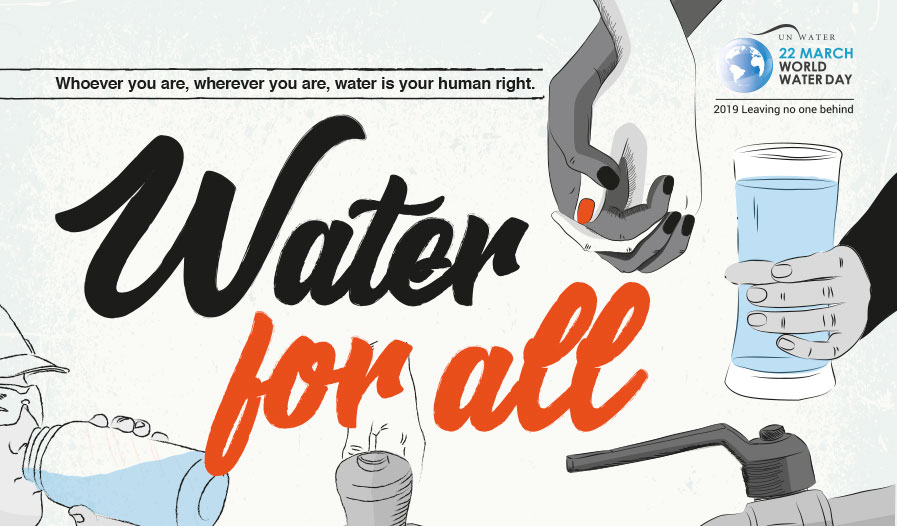Water is a human right, and yet billions of people, including in Canada, are deprived of access to clean drinking water. This year’s World Water Day shines a spotlight on this human crisis and urges action with its theme: “Leave no one behind.”
Too often, lack of access to clean water is tied to marginalization whether it be gender, ethnicity, physical or mental abilities, age, health, or economic and social status. But nowhere in Canada is this water crisis more acute than in Indigenous communities.
While off-reserve water management is the responsibility of provinces, on-reserve this is handled by the federal government. For decades, on-reserve communities have been deprived of tangible or enforceable regulations that ensure clean water.
The Canadian government is trying to change this through a plan to eliminate all drinking advisories that are longer than 12 months by March 2021; however, progress is not linear.
While the number of long-term advisories has decreased overall, new advisories have been called, including the Mishkeegogamang Boil Water Advisory (BWA), the Lake Manitoba BWA, and the Little Red River Cree Nation Garden River’s Do Not Consume advisory (DNC). For a full water advisory map, visit this link.
Even when Indigenous communities end their long-term water advisories, clean water is not guaranteed. In fact, 32 of the 79 long-term advisories that were lifted have been reinstated. These stark numbers hint at the myth of universal access to water for everyone in Canada. Infrastructure, funding, adequate training, and, most importantly, willpower from politicians, have been lacking.
The 2019 federal budget has responded to these concerns with an investment of $739 million over five years, in addition to the previously allocated $2 billion to support efforts to end long-term advisories. While this new cash infusion is welcome, it remains to be seen if it will lead to sustained improvements in water management on reserves.
This World Water Day holds a special significance. A few weeks ago, Josephine Mandamin, a renowned water activist from Wikwemikong First Nation in Ontario, passed away at age 77. Mandamin co-founded the Mother Earth Water Walk in 2003 and walked more than 17,000 kilometres around the Great Lakes to demonstrate her concern for polluted rivers and lakes, and to advocate for water education.
Inspired by Josephine Mandamin, Doreen Day wrote the Water Song to give everyday thanks to water for sustaining our lives and the lives of all living things:
Ne-be Gee Zah-gay-e-goo (Water, we love you.)
Gee Ne-gwetch-wayn ne-me-goo (Water, we thank you.)
Gee Zah Wayn ne-me-goo (We respect you.)
Listen to the song here.
Take action!
In solidarity with Indigenous peoples in Canada, particularly those living on-reserves, please contact your Member of Parliament and urge them to advocate for the highest water management standards. Find your MP here.
Learn about the watershed you live on by participating in a KAIROS Reconciliation in the Watershed event.
Learn more about the watershed you live in.
Read more about World Water Day 2019.
Read the UN Sustainable Development Goals, including the sixth goal: “Ensure access to clean water and sanitation for all.”
Amelia Berot-Burns is Ecological Justice Program Coordinator at KAIROS Canada.
Image credit: unwater.org
Help make rabble sustainable. Please consider supporting our work with a monthly donation. Support rabble.ca today for as little as $1 per month!




